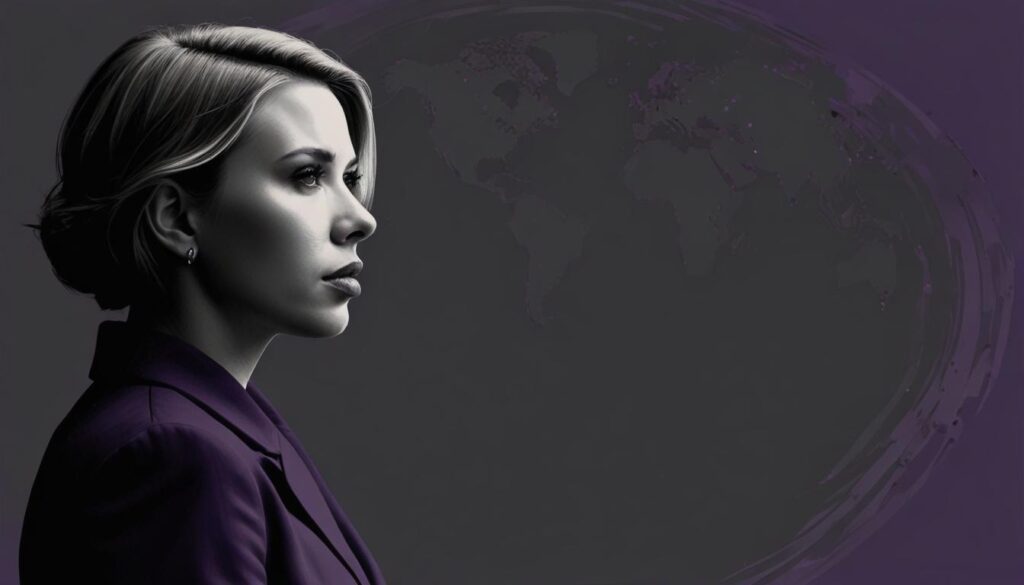Actor Scarlett Johansson takes legal action against OpenAI for replicating her voice without consent, as a bipartisan bill aims to regulate AI use in creating digital replicas of individuals, raising concerns in the entertainment industry.
Actor Scarlett Johansson has joined a growing number of Hollywood stars taking legal action against the unauthorized use of their voices and likenesses by artificial intelligence (AI). Johansson filed a lawsuit against OpenAI, alleging the company replicated her voice from the 2013 film “Her” without her consent. This case highlights broader concerns over AI’s use in entertainment, with other artists like Drake, The Weeknd, and Lainey Wilson facing similar issues.
In response to these concerns, a bipartisan bill, the Nurture Originals, Foster Art, and Keep Entertainment Safe (No Fakes) Act, will be introduced to the U.S. Congress in June. The act aims to prohibit the use of AI to create digital replicas of individuals without authorization.
These AI-generated voices and likenesses present complex legal challenges, including potential identity theft and trademark infringement. Johansson alleges that after she declined an offer to voice an AI assistant for OpenAI’s ChatGPT, the company proceeded by using a digitally recreated version of her voice.
The case raises significant implications about AI’s role in creative industries and whether current regulations can adequately protect intellectual property in an evolving digital landscape.










